The nuclear talks between Iran and the Six Powers have dominated headlines for the first week of April. After days of tense negotiations, a deadline extension, and flaring tempers, an agreed upon framework has finally emerged. And, unsurprisingly, there has been no shortage of critics. The more hawkish American and Israeli lawmakers voiced displeasure. Iranian hardliners found it inadequate. And both countries seem to be reporting different versions of the framework. And to top it all off, there still is no concrete deal in place. March 31st was only a soft deadline important to only the United States to placate the demands of its Congress. The negotiations are far from over and there’s plenty of work left to be done.
Everyone understands the dangers of nuclear proliferation. More pointedly, everyone understands the dangers of a nuclear Iran. Thus far, the dominating narrative of Iran’s quest for nuclear capabilities is that of an aspiring regional hegemon capitalizing on the instability caused by the Syrian conflict, American interventionism, and the Arab Spring. This conjures up images of a state hell-bent on destruction making a mad grab for power. This is seriously lacking. This narrative does negotiators and the American public no favors when thinking about Iran’s nuclear program. So if not domination, what drives Iran’s desire for the bomb?
A Dangerous Neighborhood
Iran’s geopolitical environment is incredibly unfriendly. This is a reality that is lost on most Americans. After pushing out European colonial powers out of the Western hemisphere throughout the 19th century, the United States has enjoyed great security. Being flanked by massive bodies of water to the east and the west and bordering relatively weaker and friendly states to the north and south, the United States exists in a secure environment that affords them the ability to operate and intervene in other parts of the world.
Iran, on the other hand, is not so fortunate. It shares its region with serious rivals like Saudi Arabia and Israel. Both have close working ties with the United States and, allegedly, Israel is already a nuclear power. And Iran shares a long border with Iraq, which has been a problem in the past. These state rivalries are exacerbated by the all too familiar ethnic and sectarian divide that characterize the region. Persian-Arab, Arab-Jew, and Sunni-Shia differences have brought Iran and its neighbors into various conflicts and proxy wars that are costly, messy, and divisive.
Furthermore, the aggressive presence of the United States in the Middle East and South Asia add to Iran’s insecurity. Oil remains an absolutely critical natural resource. With Iran being one of the world’s major oil exporters and occupying the Strait of Hormuz, it is no surprise why the United States continues to forcefully project its power onto this region. After the September 11 attacks, the United States has steadily increased and cemented its presence under the guise of stamping out terrorism and extremism. The general public and, more alarmingly, many lawmakers in the United States regard Iran as a backward nation led by fundamentalist theocrats who are irrational, dangerous, and destructive. In his State of the Union Address, George W. Bush labeled Iran, along with Iraq and North Korea, as the three legs of the Axis of Evil. So, when the United States illegally and unilaterally invaded Iraq in 2003, there must have been some sweaty palms in Tehran.
A Traumatic Past
In contrast to its self-imposed image of the champion of western liberal values, the United States, along with the United Kingdom, was directly responsible for halting the democratic process in Iran. With the overthrow of democratically elected Prime Minister Mohammad Mosaddegh in 1953 and the establishment of the Pahlavi Dynasty, the West sowed the seeds for the current, revolutionary theocratic Iran. The overthrow of Mohammad-Reza Shah Pahlavi in 1979 marked the beginning of the poisonous relationship that exists today between Iran and the United States.
However, probably no modern historical event plays a larger role in Iran’s drive for nuclear weapons more than the Iran-Iraq War of 1980 – 1988. Complete with chemical weapons, trench warfare, and casualties in the millions, it was very reminiscent of the horrors of World War I. The Iran-Iraq War has left a deep and scarring impression upon the Iranian psyche. One of the central features of this terrible conflict is Saddam Hussein’s liberal use of chemical weapons against Iranian troops. After succumbing to Iraq’s illegal and underhanded unconventional attacks, then-President Ali-Akbar Hashemi Rafsanjani bitterly remarked, “The war taught us that international laws are only scraps of paper.” The West turned its collective backs on Iran by directly aiding Iraq financially, politically, and militarily. To further add insult to injury, upon conclusion of the conflict, the blame was placed onto the lap of Iran. The war cost over a million lives, a million refugees, thousands of prisoners of war, and a total cost of over USD $300 billion, and left the economies of Iraq and Iran in tatters. And all Iran had to show after suffering those costs was one stinging lesson: trust no one.
Iran’s pursuit of nuclear weapons is due to its concerns about safeguarding its current and future security. Iran has decided to protect itself against all of these threats through the deterrent capabilities of nuclear weapons. However, rational motivations do not justify possession. Negotiations must succeed. Even if a nuclearized Iran is inevitable, at the very least, delaying the time it takes to get there would be better than nothing at all. This does not bode well for the nuclear proliferation regime as it potentially provides other nuclear hopefuls with a path to armament. Outside the traditional, and legal, five nuclear weapons states, North Korea, India, Pakistan, and allegedly, Israel have violated the Nonproliferation Treaty, and there have been no serious repercussions. And most still maintain normal relations with the United States, as well as the rest of the world. Ukraine, on the other hand, inherited around 5,000 nuclear weapons after the fall of the Soviet Union. Kiev voluntarily transferred and disassembled the armaments in Russia. And, assuredly, Iran has paid very close attention to what has transpired there.
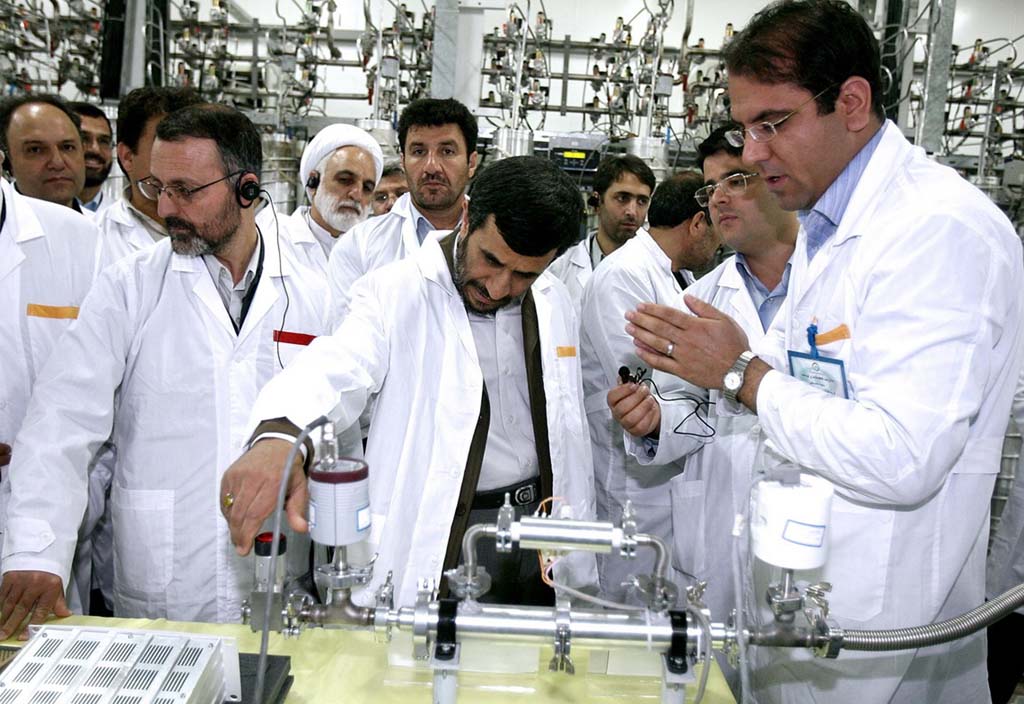
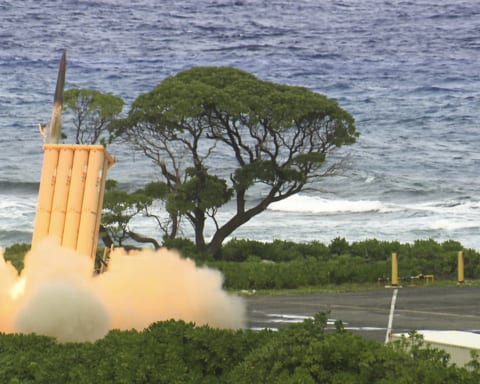
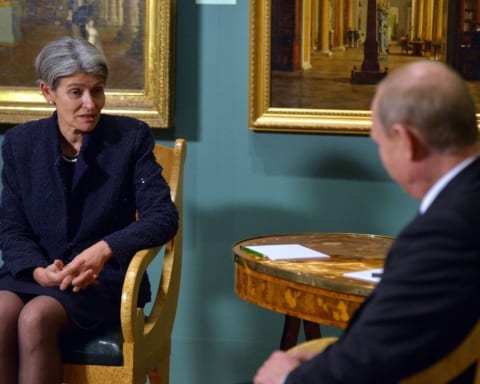
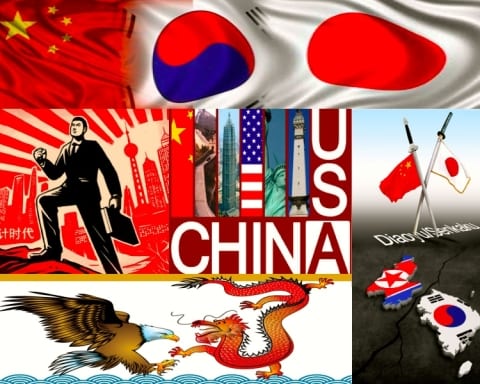
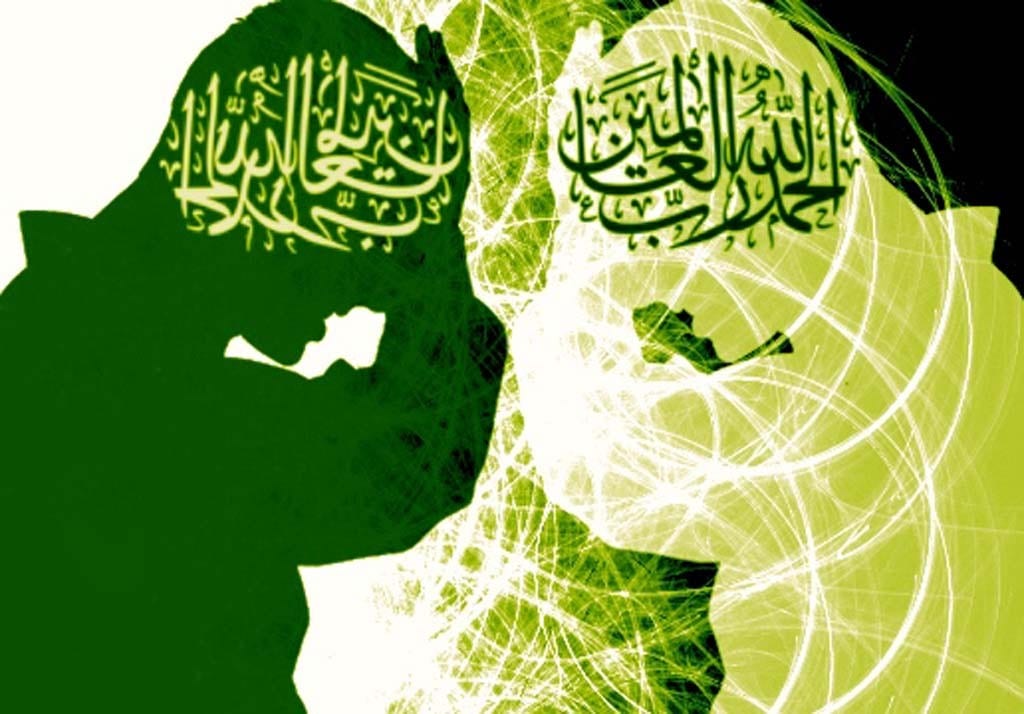


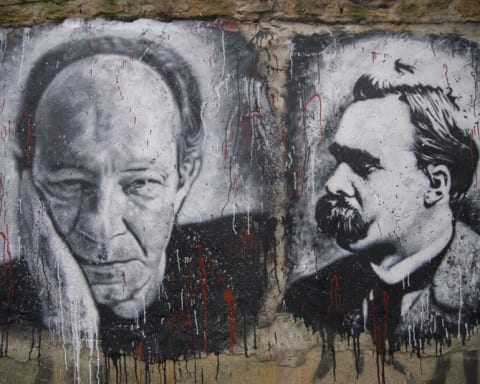
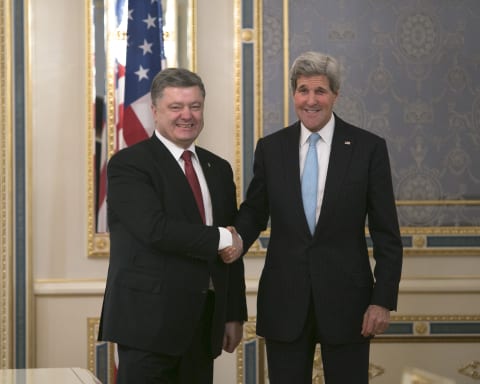
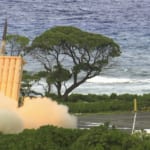

Iran has repeatedly said that it not only considers nukes to be useful, but also considers them to be immoral — and they’ve proven their word with the blood of over 100,000 casualties. Iran didn’t use WMDs when it was under ACTUAL attack with ACTUAL WMDs — When Iraq attacked Iran with chemical weapons, Iran refused to reply in kind even though it was legally entitled to do so, on moral grounds. So, your theory that nukes provide security to Iran makes no sense. http://nationalinterest.org/commentary/ten-reasons-iran-doesnt-want-the-bomb-7802
Iran has repeatedly said that it not only considers nukes to be NOT useful, but also considers them to be immoral — and they’ve proven their word